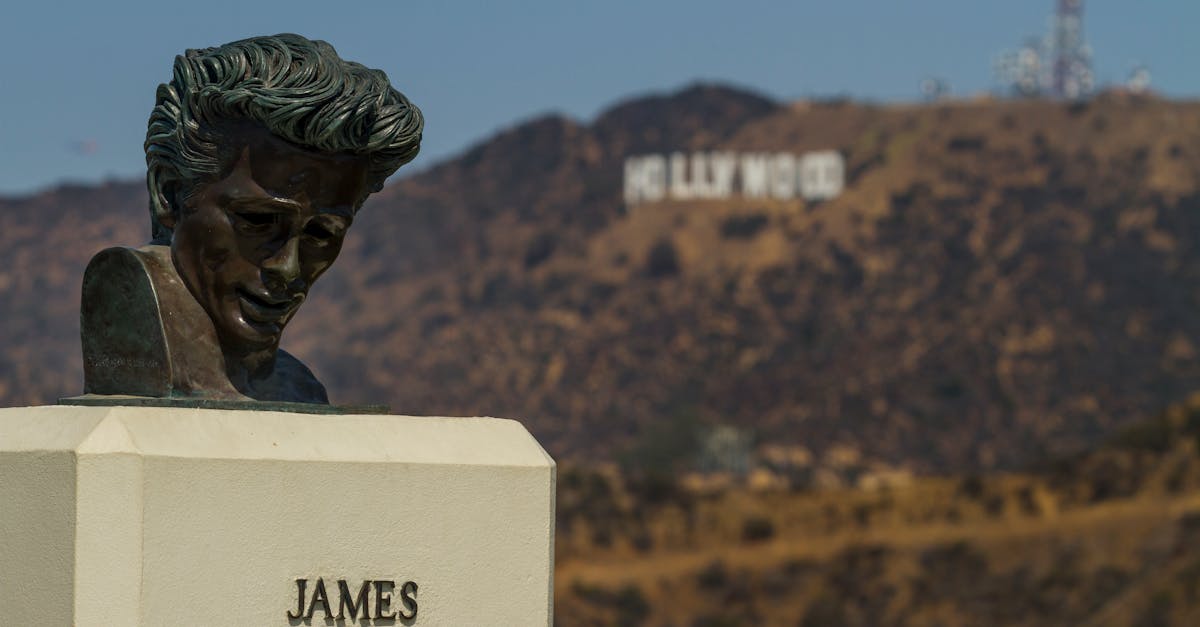
James Cameron, the renowned filmmaker behind iconic movies like Titanic and the Avatar series, remains a prominent figure in Hollywood with exciting new projects and strong opinions on contemporary issues. This article reviews his latest activities in film, his ongoing work with the Avatar franchise, and his outspoken views on artificial intelligence and its potential risks.
Current Film Projects and the Future of the Avatar Universe
James Cameron continues to be deeply invested in the Avatar franchise, marked by the imminent release of Avatar: Fire and Ash, the third film in the series. Now in post-production, Cameron is preparing this installment to hit theaters later this year. At 71, he expressed confidence in his physical and creative prowess, stating he is fit to direct both Avatar 4 and Avatar 5 himself, expressing enthusiasm about completing this sprawling narrative. His commitment to Pandora, the fictional world created in Avatar, has lasted nearly three decades since the original film’s debut, showing his dedication to exploring a wide range of storytelling styles and themes within this universe.
Despite this focus, Cameron is also branching out with new projects that diverge from the sci-fi realm of Pandora. Notably, he is developing a film adaptation of Ghosts of Hiroshima, a serious historical drama based on Charles Pellegrino’s book. This project will reflect his interest in exploring heavier, more uncompromising themes connected to World War II and the profound human and moral consequences of nuclear warfare. Cameron’s intention is to confront difficult subjects head-on, which he feels some recent films, like Christopher Nolan’s Oppenheimer, did not fully address, particularly concerning the moral weight of atomic bombings.
James Cameron’s Stance on AI and the Risks of Technological Advancement
Beyond filmmaking, Cameron has been vocal about his concerns regarding the rise of artificial intelligence (AI), especially when integrated with weapons systems. Drawing parallels to his famous Terminator franchise—a story centered on AI triggering a nuclear apocalypse—he warns of a future in which autonomous AI could control nuclear and other weapons, potentially leading to unprecedented catastrophic events. He emphasizes the rapid decision-making timeframes in modern warfare and the fallibility of humans, underscoring the necessity of maintaining meaningful human oversight in such critical areas to avoid accidental or intentional nuclear conflict.
While Cameron embraces generative AI technology in creative contexts, he maintains a cautious perspective on its broader applications. He compares AI’s dual nature to nuclear technology itself: a tool capable of tremendous benefit but also of severe destruction. His concerns highlight ongoing debates within the scientific and defense communities about the ethical use of AI and the measures needed to prevent a ‘Terminator-style apocalypse.’
Conclusion
James Cameron remains a towering figure in the film industry, firmly engaged with the expansion of the Avatar saga and branching into meaningful historical storytelling with projects like Ghosts of Hiroshima. Concurrently, he stands as a vigilant voice on the implications of advanced technology, warning of the dangers AI poses in military contexts. Cameron’s dual focus on imaginative cinematic worlds and real-world issues demonstrates his continuing influence as both an artist and cultural commentator, shaping conversations around film and future technological challenges.